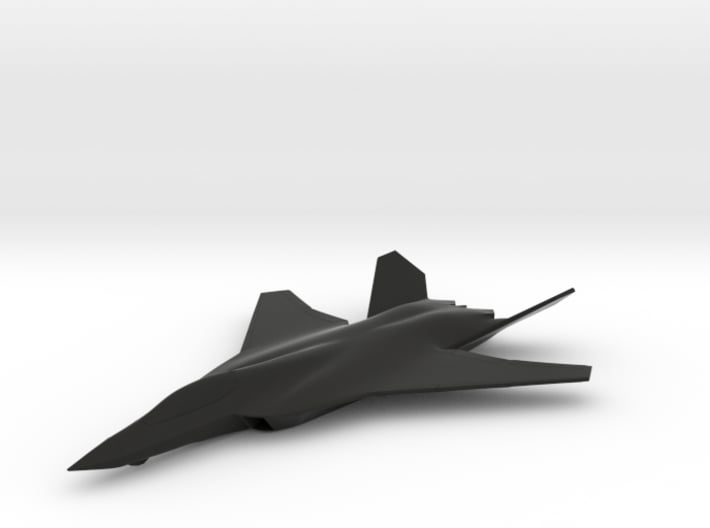
In World War II, it was common for government-organized relations between the military and businesses to be established. Commodity commissions were established to control prices and allocate resources. Businesses were able to make a lot of money from the military, which was why they lobbied for political leaders and won contracts.
In the mid-1960s, Dwight Eisenhower warned that the military-industrial complex was a "grave" threat to the American people. He was concerned that the complex would grow in size and have an impact on US policy. He feared that the military would gain too much power, and compete with civilian projects. He warned against a nuclear arms race and unchecked military growth. He also feared the complex would lead to an escalation in the Cold War.
The American foreign policy is heavily influenced by the military industrial complex. Its most significant impact is on arms exports, cooperative production, and multinational corporations working in the arms sector. It has been underwritten by a political ideology that promotes industrial war production. Its interests include military and strategic conceptions of internal affairs as well as continuous weaponry development and preservation.

The military industry complex is composed of military and defense contractors as well as government bureaucracies. The United States Department of Defense is the world's largest bureaucracy. These bureaucracies are a point of contention amongst conservatives, who worry that military spending is too high and leads to economic dislocation at home. They also argue that separate parts of the military-industrial complex may prove to be counterforces.
The United States has a comprehensive strategy for foreign policy. It has developed a system to combat terrorism. To support this strategy, the military-industrial complex was also established. It has also been a source to corruption and abuse through government contracting. The problem of the military industrial complex must be addressed. It has much to offer about American foreign policy's future.
The ties between defense industry and the military are becoming a concern. While some conservatives believe that the military industrial complex can lead to dangerous tensions overseas, others claim that it causes economic instability at home. However, it is not yet clear how much of the civilian population is involved. It is also unclear how many military personnel are involved.
The military industrial complex is composed of big industrial giants, which become dependent on contracts for profits. To stay afloat, they have to outdo their competition constantly. Their political survival hinges on their compliance to their procurement interests.

Government-organized procurement of military goods has been riddled with cost overruns and corruption. Politicians give money to the army, while the military gives money to them. The military also plays a significant role in civilian life. It is important to understand how the government obtains this money.
Dwight Eisenhower, in his farewell speech warned that the military-industrial complexes could be "against our best interests." He warned against the collusion of interests and warned against policies that would not benefit the American people.